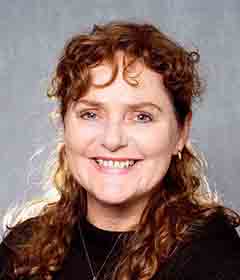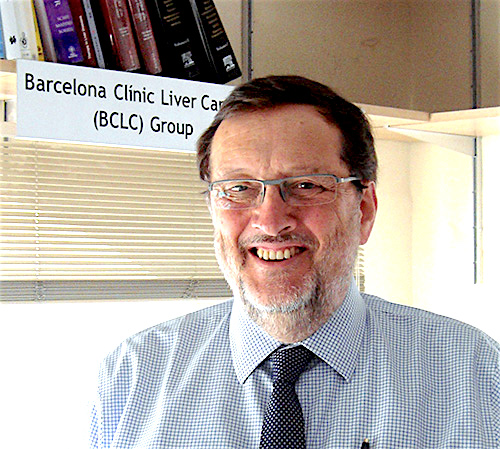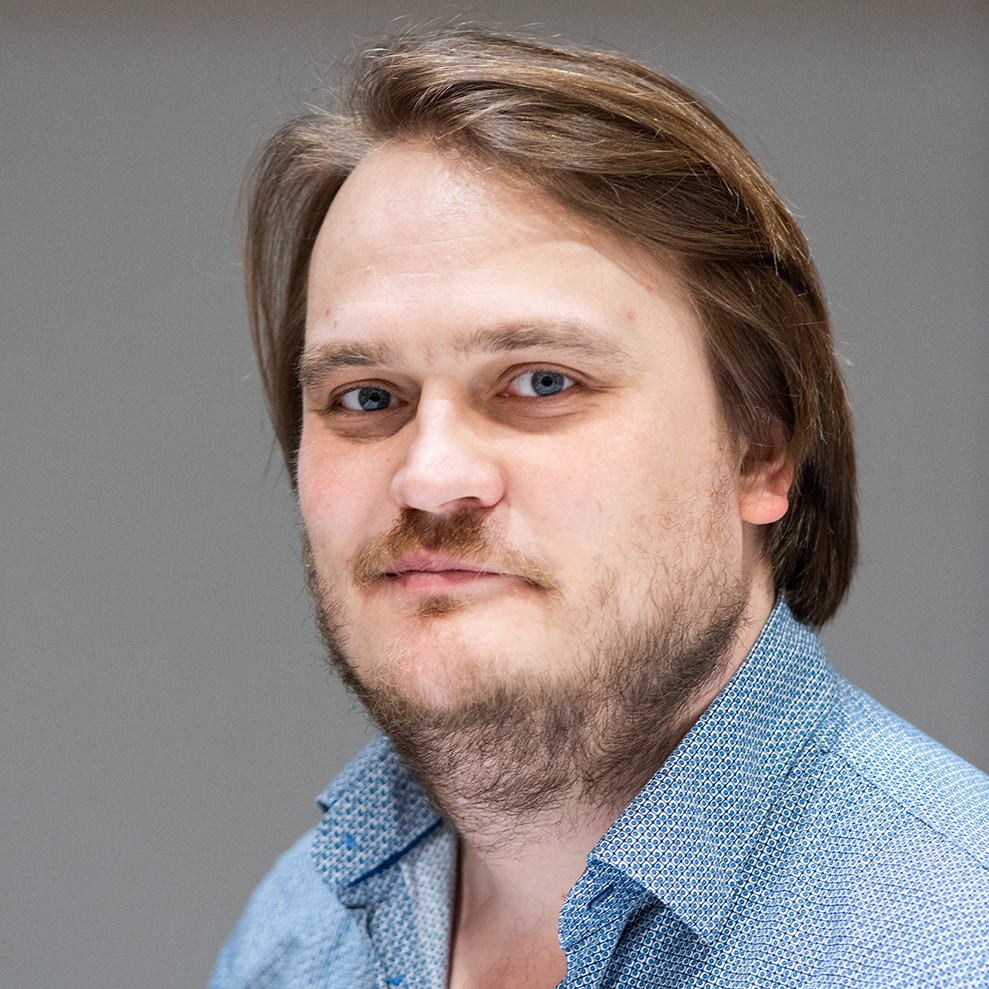EASL Takeaways returns for a retrospective look at the most impactful science presented at the Digital Liver Cancer Summit 2021, with leading experts putting the latest developments in perspective. Professor Helen Reeves chaired the discussions and was joined by Professor Jordi Bruix, Professor Chiara Braconi and Dr Jean-Charles Nault. Professor Bruix opened by summarising the breakthroughs in systemic therapy for hepatocellular carcinoma (HCC) and their overall implications for clinical management, with a particular focus on the results of the IMbrave study. Professor Braconi then provided her perspective on recent advances in cholangiocarcinoma, from clinical to translational research, and discussed the relative lack of progress in immunotherapy for this condition. She also revisited the exciting preclinical data presented at the meeting, including from 3D organoids and co-culture techniques, and discussed the prospect of translating these to the clinic. Finally, Dr Nault reviewed pre-clinical models related to HCC, including the identification of subtype-specific treatment responses and the immune-mediated surveillance of premalignant hepatocytes.



